Background
Howell was born on September 7, 1815, in Jefferson County, Georgia, United States. He was the son of John and Sarah Rootes Cobb.

Athens, GA 30602, United States
Cobb graduated from Franklin College (later the University of Georgia) in 1834.
Howell was born on September 7, 1815, in Jefferson County, Georgia, United States. He was the son of John and Sarah Rootes Cobb.
Cobb attended Franklin College (later the University of Georgia) in 1829 and graduated in 1834 despite a year-long expulsion for leading a riot to protest punishment by the faculty for leaving the campus during study hours.
Howell Cobb began his law practice in Athens, Georgia. From 1837 to 1841, he was solicitor general of the Western Judicial Circuit. As a Democrat in the United States House from the Sixth Congressional District of Georgia from 1843 to 1851, he supported free trade and compromise over slavery.
He was speaker of the House during the Thirty-First Congress. As governor of Georgia from 1851 to 1853, he was considered a staunch unionist, but later, along with his brother, he became an ardent secessionist. Cobb practiced law for two years before returning to the United States House in 1855-1857, where he was chairman of the Ways and Means Committee.
From 1857 to 1860, he was secretary of the treasury under Buchanan. In 1860, he supported the Southern walkout from the Democratic convention at Charleston. Later, he was chairman of the Montgomery Convention and president of the provisional Confederate Congress. Cobb entered the Confederate Army at the beginning of the war as a colonel of the 16th Georgia Infantry and had both civil and military duties until February 13, 1862, when he was promoted to brigadier general. After participating in the 1862 battle of Seven Pines, the Seven Days, Second Manassas, and Sharpsburg, he was promoted to major general on September 9, 1863. As commander of the District of Georgia in 1863, he was responsible for resolving differences between Governor Joseph Brown and President Davis and between Congress and the generals. In 1864, he was credited with the defeat of General George Stoneman at Macon. At the war's end, he surrendered at Macon.
After the war, Cobb opened a law office in Macon with James Jackson and was a successful lawyer as well as a planter. His "Bush Arbor Speech" in support of Robert Toombs and Benjamin H. Hill as candidates for office stood as a direct attack on the Union ideas of Reconstruction. Reconstruction kept him from entering public office.
Howell Cobb was known for his service as the Speaker of the United States House of Representatives and Secretary of the Treasury. He also served the Confederacy as a brigadier general and ultimately as a major general, though he saw no action.
Cobb embarked on his political career during a time of sectional tension over the issue of slavery in the western territories. A firm Jacksonian Democrat, he maintained a commitment to a policy of moderation. The young congressman believed slavery could be protected best through mutually respectful sectional compromise. He adhered to this view during the sectional crisis of 1850 when the fate of slavery in the territories taken from Mexico during the Mexican-American War threatened to sunder the Union.
Cheerful, gregarious, and a talented jester addicted to talking, Cobb's fondness for fine food and wine was revealed by his physique. However, behind his jolly-fat man facade lay a shrewd and very ambitious politician.
In 1834, Howell married Mary Ann Lamar, by whom he had twelve children.
1788-1855
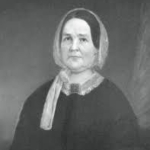
1792-1865
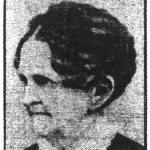
1818-1888
1820-1900
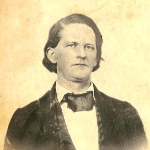
1823-1862
1826-1893
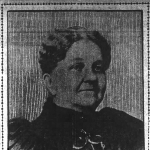
1828-1899
1831–1906
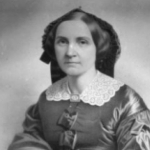
1818-1889
1837-1840
1838-1925
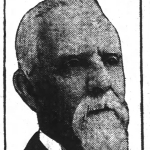
1840-1907
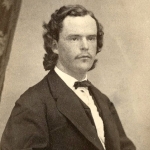
1842-1909
1844-1848
1846-1847
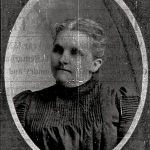
1850-1930
1851-1852
1854-1933
1857-1925
1859-1870
1861-1863
Major General
